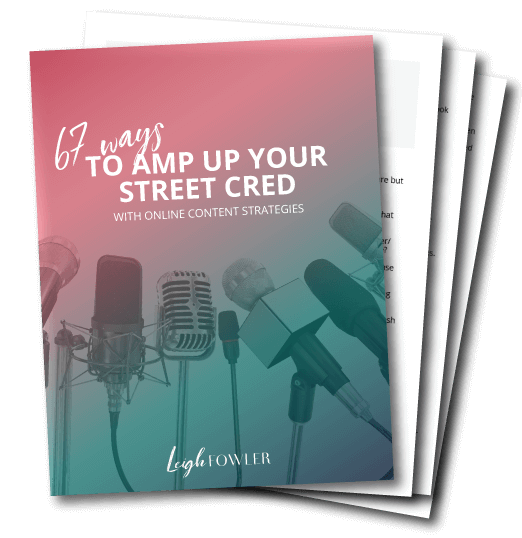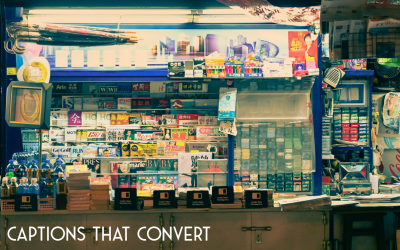 Previously published as part of the #GoingDigital series on UnboundMedia.com
Previously published as part of the #GoingDigital series on UnboundMedia.com
There are a lot of things that work and don’t work on the Internet when it comes to engaging your customers via social media. It may appear that either you’re lucky or you’re not, but the truth of the matter is that you must develop some good habits. If you do that, you’re not just going to create a bigger fan base but you’re going to create a more engaged fan base around your brand.
I’ve put together a checklist of philosophies that can be applied to your process when you’re trying to build community around your brand. Consider these seven strategies the next time you write a Facebook status post, upload an Instagram photo or post on other social media platforms.
#1 BE CURIOUS
Be curious about the common problems, obstacles or activities that your community has, and ask about them. I find that polling your audience and asking them questions helps build community around a brand because it helps people relate. When they read the responses and the conversation around your questions, they find themselves either surrounded by like-minded people or not. It gives them that feeling that they’re not alone and that there are other people out there with the same interests or issues that they have.
#2 BE HELPFUL
If you know what kinds of problems, obstacles or activities your community deals with, you can provide them with solutions, information or even inspiration that helps them become more informed about what they like to do or what they can do to become better at it. I think it’s important to guide your fan base via links to the information you think will affect them the most. Sometimes this may be your content, and other times it might not be. The key here is that you are helping them on a regular basis.
#3 BE HONEST
The more honest you are the better. I recently blogged here on Going Digital that if you make a mistake, admit it – because most of the time, people will find out, especially when it’s out there in the digital world. Also, if you’re shy or if you don’t know something, be honest about it. You will find that your audience will respond more to honesty than to idealism. People are looking for a connection or a tie-in to something that relates back to their life or experience.
#4 BE OPEN
People are naturally curious (or nosy!) and love to know what it’s like to live in someone else’s shoes – you know, the grass is always greener on the other side syndrome? Well, it’s the same on the Internet, the more you provide people with sneak peeks at your life or behind the scenes on the job, the more they’re going to want to take a peek.
#5 BE ACTIVE
It helps to be active on social media – but a lot of you might ask, what does it mean to be active? If people start engaging with your brand, you must engage back. What does this mean? Well, building a relationship with every fan, follow and like you’ve got means that your brand has to be engaged too. It’s not about building one-sided relationships – you have to give along with the take here. At times, this may be a like, comment and share when your fan base engages. In other situations, this may mean sharing results, user-generated content and promoting other people’s communities.
#6 BE GENUINE
There’s no use being something you’re not, especially on the Internet – so make sure your actions align with what your brand is all about. If you don’t care about your digital fans, people will see through it. If your actions are contradictory, it will show. Your actions need to be genuine – people see through fake. When it comes to building community around a brand, you need to remember that it’s like a relationship. People are choosing to “hang out and engage” with your brand – so we must remember that they can also choose to duck out and disconnect as well.
#7 BE CONSISTENT
You could do all these things but if you only do them when you feel like it or once a month, you’re not going to see an improvement in engagement. The key is to manage expectations and teach people what to expect. If you have a schedule and stick to it, people will respond to that and engage because they know you’ll be back. You’re basically building a sense of trust that you’re managing a community of information and that you’ll be there for them. It’s simple, but it makes sense, right?
free resource
67 Ways to Amp Up Your Street Cred with Online Content Strategies
DOWNLOAD YOUR COPY
you might also like…
captions that convert
Look no further than the local newsstands for proven inspiration for your next blog title, course branding or sales page.
LAUNCH TIPS: ARE YOU READY TO RECEIVE?
Six ways we self-sabotage before we even begin!



